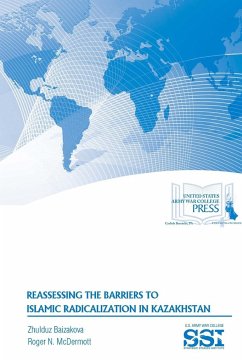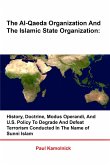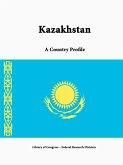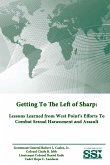The authors reassess the barriers to Islamic radicalization in the Republic of Kazakhstan. They provide crucial analysis and findings for policymakers seeking to engage with the country, while also presenting important insights into the historical and cultural impediments in the path of radicalizing its youth. Despite the proximity of the Central Asian Republics to Afghanistan and the Global War on Terrorism, unlike its neighbors, Kazakhstan has remained relatively stable and low risk in the face of international terrorism and extremism. This monograph examines some of the reasons as to why this is the case, proving that early judgements offered by commentators concerning Kazakhstan's experience of domestic politically inspired violence in 2011-12, exaggerated the potential threat of growing Islamic radicalization. For 70 years, Kazakhstan underwent a forceful and externally imposed secularization and was maintained rigidly under Soviet rule, with no official state support for organized religion.








